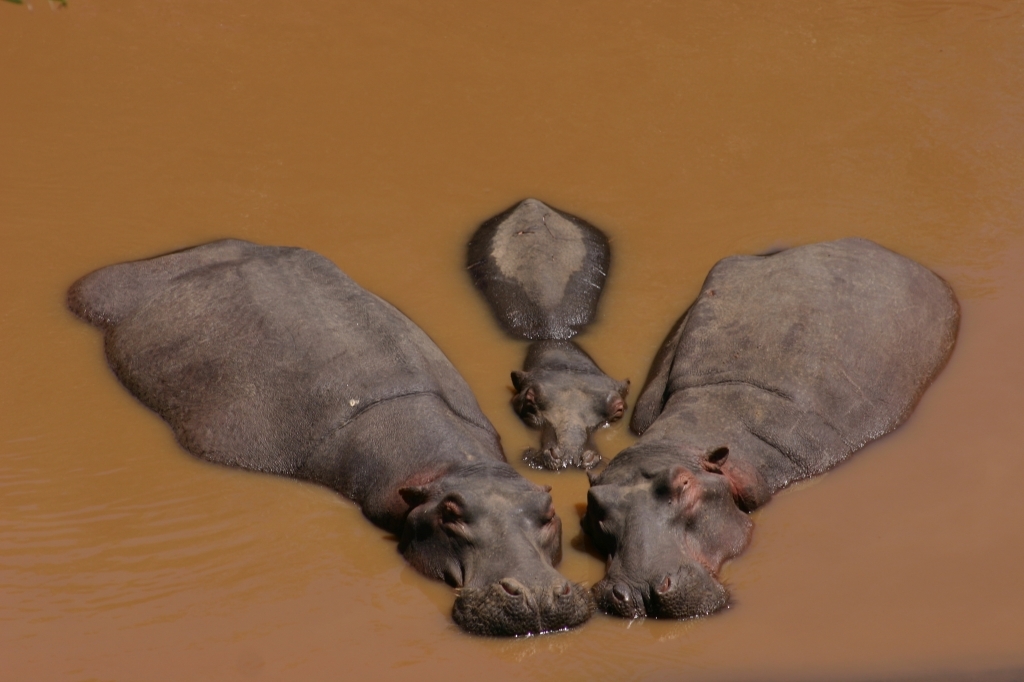America once seriously considered importing hippopotamuses as livestock.
"The idea was to import hippopotamuses from Africa, set them in the swamplands along the Gulf Coast, and raise them for food. The idea was to turn America into a nation of hippo ranchers."
The fact that we don't have hippos living in the Mississippi River eating water hyacinths and being harvested for meat is no tragedy; introduced species have a rough history in America, as anyone in Hawaii can tell you. But as author John Mooallem notes, the fact that we no longer live in an America where kinda-sorta crazy ideas like this can be debated non-ironically is kind of sad. (link from longform.org)
Notice the 2016 link. But it sounds as though 2017 was no different. Link from globalcyclingnetwork.com
When London took cars off the road for Ride London, the air quality got better. As in, shockingly better.
"Air pollution is believed to be a contributing factor in some 9,000 deaths in the UK capital alone annually.
According to a story published in The Times today £383,000 of taxpayers’ money has been spent by Government ministers on fighting efforts to clean up the UK’s air. Despite this, Britain recently announced plans to ban the sale of petrol and diesel cars by 2040 following a similar commitment in France."
Mark Twain's "taming the bicycle" is one of the best pieces of cycling writing ever.
This essay makes me so happy. It's a joyful, self-deprecating account of learning to ride a pennyfarthing, complete with copious use of Pond's Extract. But this essay makes me so sad. It's better than anything I'll ever write, and Mark Twain didn't even try to publish it. Sigh. Link from bikesnobnyc.blogspot.com.
Adorable piglets modified via CRISPR eventually may be organ donors for humans. Or delicious, non-carcinogenic bacon. One of those.
That's where my mind went when I read this. The immediate application for CRISPR technology in animals may be to reduce their production of greenhouse gases, or decrease their carcinogenicity. But for now, organ transplantation seems to be where it's at, for obvious reasons:
Doctors won’t have to do much persuasion, however, to get patients to accept organs from another species. “There is so much desperation among people on transplant lists, and 20 a day are dying as they wait,” said Dr. Adam Griesemer, a xenotransplantation researcher and transplant surgeon at Columbia University Medical Center. “This could be a path to a transplant for them. Colleagues keep asking me when we’re going to do it.”
Link from kottke.org


